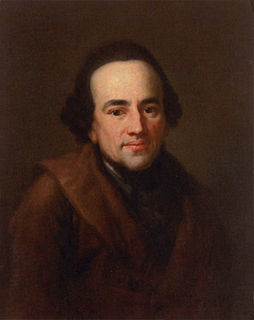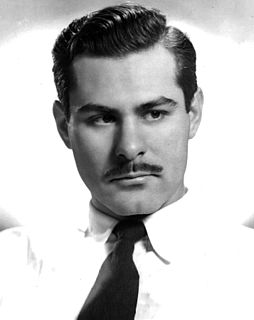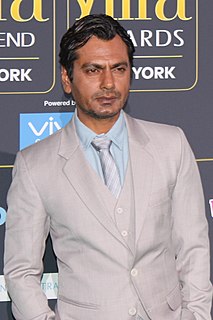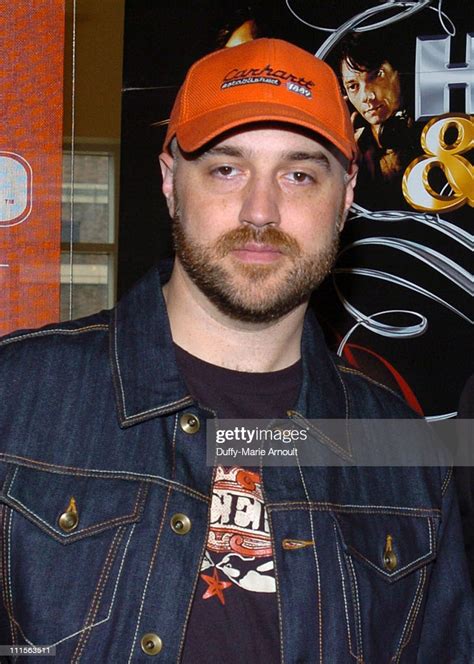A Quote by Moses Mendelssohn
Socrates didn't care to visit the theater, as a rule, except when the plays of Euripides (which some think, he himself had helped to compose), were performed.
Related Quotes
The Globe is a missing monument. There's no existing example of a theater from Shakespeare's time. You have Roman theaters, Greek theaters, all kinds of theaters, but none in which the plays of Shakespeare, Ben Jonson and Marlowe were performed. Scholars feel that it would be of immense value to have one.
The shortest way to arrive at glory should be to do that for conscience which we do for glory. And the virtue of Alexander appears to me with much less vigor in his theater than that of Socrates in his mean and obscure. I can easily conceive Socrates in the place of Alexander, but Alexander in that of Socrates I cannot.
My taste comes from when I was 12 years old and saw Genesis or Laurie Anderson or some performance artist who had put paint on himself. I've seen a lot of theater, but that's not what woke up my taste to become a director; nontheatrical things were much more theatrical than the theater I was seeing.
My '60s plays were as good as most of the other plays I've written ... except I wasn't in a condition to refine them, to help in the rehearsal, or do anything. I was hardly conscious of what was going on except during the hours of the day when I was actually writing ... and that was with the aid of speed.





































